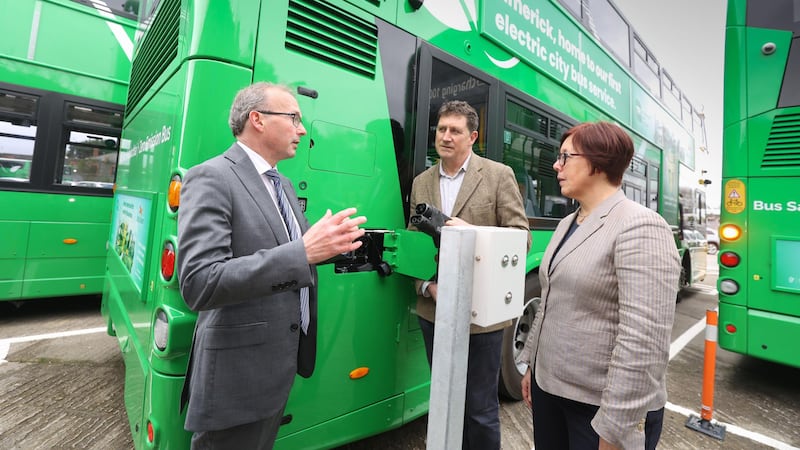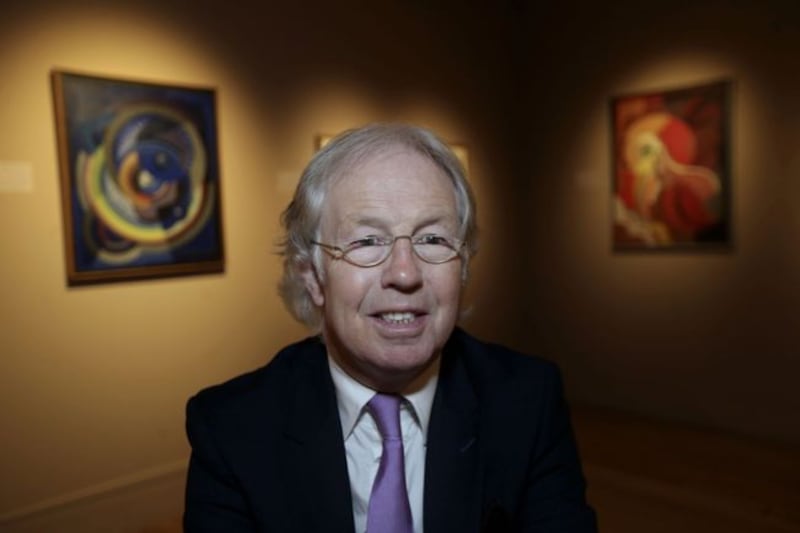NO 10 adviser Alistair Campbell suggested a special football match between Celtic and Rangers in Belfast to publicise the 1998 Good Friday Agreement referendum, according to newly-released British cabinet papers.
Mr Campbell suggested that the teams wear each other's jerseys in the match.
However, he admitted "one or two of the Rangers players to my certain knowledge would have a difficulty with this".
Mr Campbell, whose parents were from Scotland, said he had a "direct in" with Celtic. He suggested he could get Manchester United manager Alex Ferguson to approach Rangers.
"Both in terms of raising publicity for the campaign and in sending out a message, it would be very powerful," he said.
In the letter headed Rangers v Celtic, An Idea, addressed to Prime Minister, Tony Blair, Northern Ireland Secretary Mo Mowlam and Scottish Secretary Donald Dewar and dated April 12 1998, Mr Campbell asked if the idea was worth pursuing. There is no record of anyone getting back to him.
The referendum on the Good Friday Agreement was held on May 22 that year.
Last minute unionist objections to north-south bodies threatened to derail negotiations days before the Good Friday Agreement was signed, according to the British cabinet papers.
Taoiseach Bertie Ahern told Prime Minister Tony Blair that "we might as well prepare our exit strategy" if the unionists maintained their opposition.
Six cross-border bodies covering areas such as waterways, language, food safety and trade known as the "implementation bodies" were part of the final deal.
However, Ulster Unionist leader David Trimble argued that the new assembly would have to vote to set them up.
Mr Ahern told the British prime minister during a breakfast meeting two days before the signing of the Good Friday Agreement that the unionists were being "very unhelpful".
According to British notes of the meeting, Mr Ahern said "if all they had in mind was 'chat show' implementation bodies, we might as well prepare our exit strategy".
And that the Irish side "had to fight for north/south bodies was that for 75 years the unionists had stopped them happening".
Inevitably, Mr Ahern said, thoughts in Ireland turned to 1921 and 1973, when bodies had been promised but never created. If the assembly had a role, they could be frustrated again.
During a telephone conversation with Tony Blair two days earlier, Mr Ahern also expressed concern about the north-south structures.
Mr Ahern said that if there was a breakdown in the future it would be difficult to explain, when he had already changed his Constitution.
Mr Blair replied that Britain would have changed its constitution as well and the change to the Irish constitution only represented the actual position of the Irish on the consent issue.



